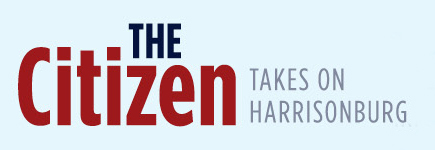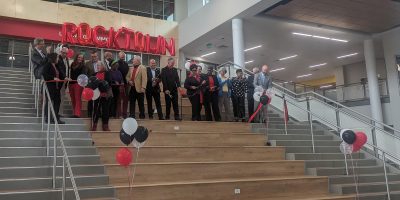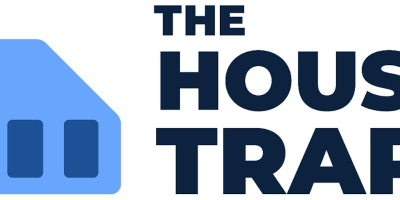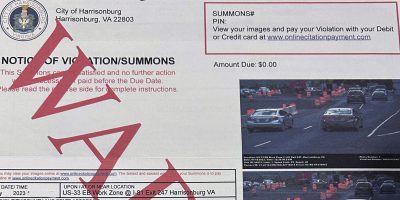By Haley Thomas, contributor
The Harrisonburg City School Board voted unanimously to ditch proposed new start times for the city’s school district after weeks of deliberation and data collection revealed what board member Kaylene Siegle called “a contrast between the science and what the community and students want.”
The board was expected to vote on the proposed start times at its March 5 meeting, but decided to postpone the vote to Tuesday’s work session after receiving a report that detailed the severity of the bus driver shortage.
The school district has 46 school bus drivers employed but only 37 assigned to bus routes. The report showed that HCPS needs 19 more drivers in order for buses to not have to transport a second load of students.
Board member Deb Fitzgerald said she was glad to have the additional two weeks to gather more data and context.
“I know that we made some people uncomfortable and a little bit aggravated to postpone until tonight,” Fitzgerald said. “But I, for one, think that we … needed to look at the data, and now we have the data and we can say that we’ve done our due diligence and we’ve actually had time to look through this carefully.”
The motion, which Fitzgerald made, called “to reject the proposal put forth by the Task Force on School Start Times.” The board’s motion also requested that Superintendent Michael Richards develop an alternate proposal.
The new plan, the board said, should be “firmly grounded in scientific understanding the sleep behaviors of children and adolescents” and would accommodate bus-related restrictions and challenges.
The new start times for schools came from a task force Richards established last fall. That group reassessed the schools’ schedules in accordance with recent scientific data that indicates the relationship between adolescents’ sleep and their academic performance.
The recommended new start times included having elementary schools start at 7:45 a.m. instead of 9:10 a.m., middle schools starting at 9:05 a.m. instead of 7:40 a.m., and the two high schools starting at 8:25 a.m. instead of 8:20 a.m. In addition, the school days would again include 30 minutes of instructional time that was shaved off during the pandemic.
But a lot of people spoke out in strong opposition to these new start times — many teachers, parents and students cited concerns about childcare, conflicts with students’ after school activities and effects on lower-income families.
The school start times task force also shared a survey with the HCPS community in February. Sal Romero, HCPS’s chief of staff and one of the task force’s leaders, said 1,900 community members responded, and the results showed that the vast majority strongly disapproved of the proposed changes.
Board member Kristin Loflin said sleep remains an important factor to consider, and the data that shows elementary school aged children naturally wake up early. She said she’d still like to see new school start times, just not at “an awful hour” like 7:45 a.m.
With more bus drivers, the board concurred, they could adjust school start times less drastically.
Richards said what comes next is a new proposal, after some work with the City of Harrisonburg on the community’s childcare needs as well as working with the city’s transportation department to recruit new drivers.
“This has been top of mind for us for a while now,” Richards said. “So I don’t think it’ll take me much past April to come to a new proposal.”
Seigle said the board’s vote wasn’t in opposition to research behind sleep schedules for different aged students.
“This isn’t saying ‘no’ to the science,” she said. “It’s just that there’s a contrast between that and what the community wants.”
Fitzgerald said she agreed with Seigle, and that the community’s feedback was crucial moving forward.
“What we should do is arrange start times in a way that makes sense for families and for the science,” Fitzgerald said. “This data gets us started with how we do that.”
Thanks for reading The Citizen, which won the Virginia Press Association’s 2022 News Sweepstakes award as the top online news site in Virginia. We’re independent. We’re local. We pay our contributors, and the money you give goes directly to the reporting. No overhead. No printing costs. Just facts, stories and context. We value your support.











